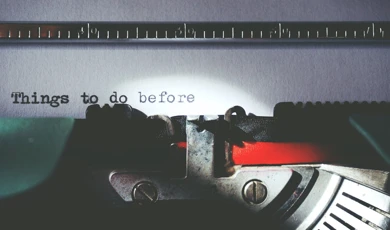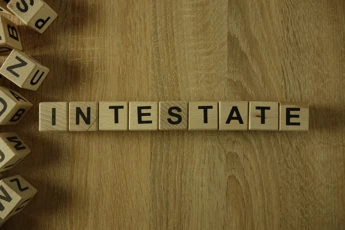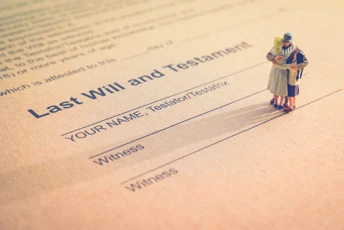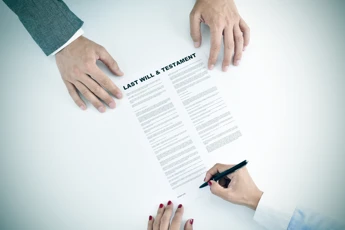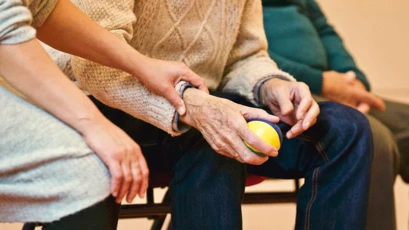Making a will is the first step in ensuring that your estate is shared out exactly as you want it to be. If you don’t make a will, there are rules for sharing out your estate known as the ‘Law of Intestacy’. This could mean that your money goes to family members who may not need it, leaving your unmarried partner (or partner with whom you’re not in a registered civil partnership) receiving nothing at all.
If you leave everything to your spouse or registered civil partner, there’ll be no Inheritance Tax to pay, as they’re classed as an exempt beneficiary. You may also decide to use your tax-free allowance to give some of your estate to someone else, or to a family trust.
Reasons to make a will
A will sets out who will benefit from your property and possessions (known as your estate) after your death. There are many good reasons to make a will, including:
Deciding how your assets are shared – if you don’t have a will, the law says who gets what
If you’re an unmarried couple (whether it’s a same-sex relationship or not), you can make sure your partner is provided for. If you’re divorced, you can decide whether to leave anything to your former partner
You can make sure you don’t pay more Inheritance Tax (IHT) than necessary.
Before you write a will, it’s a good idea to think about what you want included in it.
You should consider:
- Who do you want to benefit – your spouse/partner, children, or other friends and relations? They become known as beneficiaries, and will look after any children you have under 18 years of age
- How much do you want to give them? You can either give a named legacy – such as a family heirloom or treasured item – or a monetary gift
- How do you own your home? If you own your home with your spouse/partner as ‘tenants in common’, you each own a percentage that can be left to another person in the event of their death. Owning a property as ‘joint tenants’ means that you both own a 50% share, and the property solely belongs to the other upon death. Different property ownership rules apply in Scotland
- Who do you want to look after your children when you die? If your children are under the age of 18, the beneficiary will become their legal guardians
- Who do you want to administer your will when you die? These are known as executors’, and they’re responsible for collecting any outstanding debts to your estate, paying off any loans and IHT due, and paying out what is left according to your wishes. Many couples name their partner as executor, but it could be worth choosing a second one in case you both die at the same time
- Do you want to put your money into trust when you die to provide an income and capital for your dependents? If you do, consider getting professional financial advice about the most suitable trust to use
- Who will look after the trust? A ‘trustee’ can either be a family member, friend, or a professional such as a solicitor.
Passing on your estate
An executor is the person responsible for passing on your estate. You can appoint an executor by naming them in your will. The courts can also appoint other people to be responsible for this job. Once you’ve made your will, it’s important to keep it in a safe place and tell your executor, close friend or relative where it is.
It’s advisable to review your will every five years and after any major changes in your life, such as getting separated, married/divorced, having a child, or moving house. Any change must be by codicil (an addition, amendment, or supplement to a will), or by making a new will. Scottish law on inheritance differs from English law, so bear this in mind.


